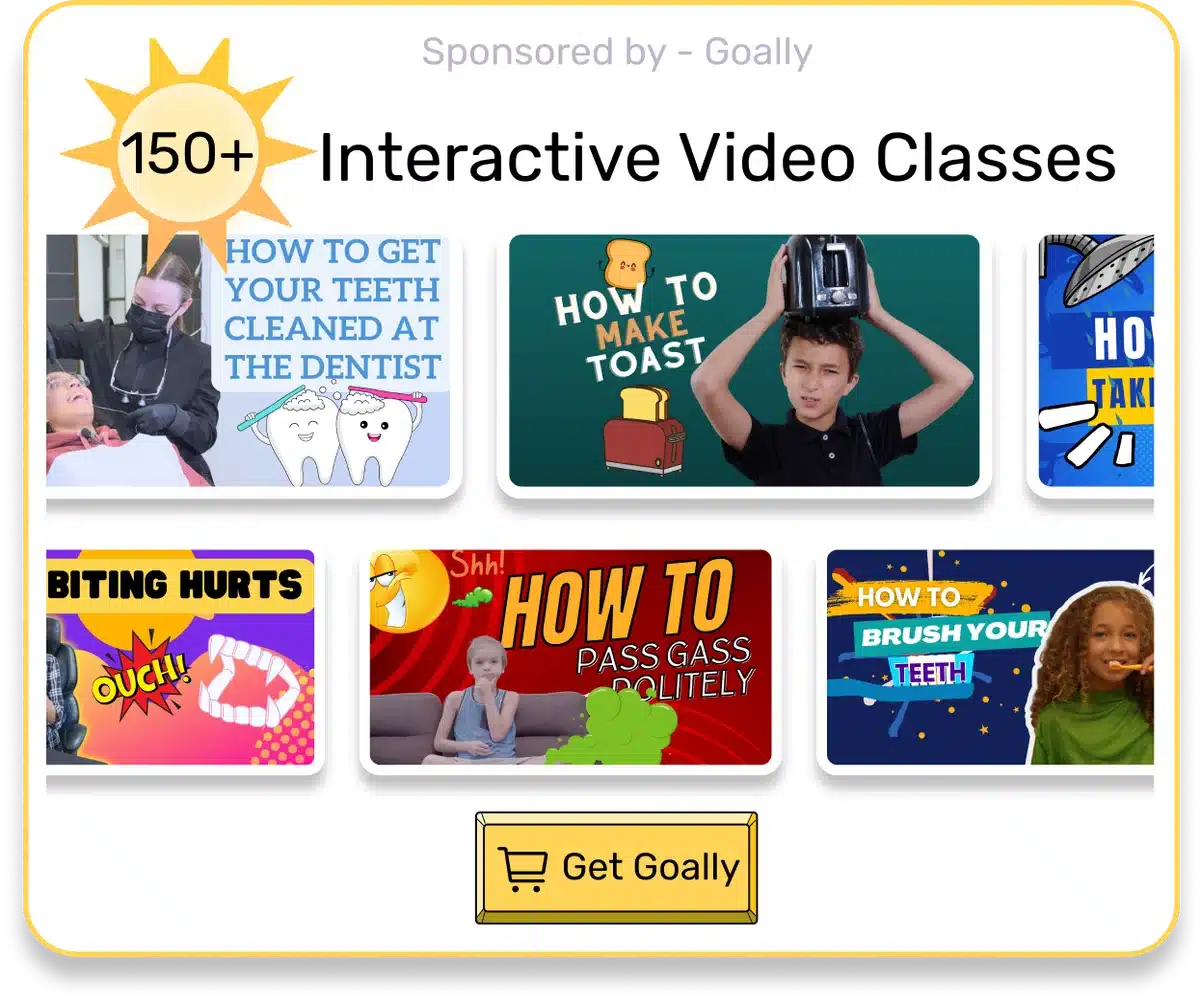Understanding your child’s emotions can sometimes feel like deciphering a complex code. This is particularly true when dealing with rejection sensitive dysphoria (RSD) in kids with autism. This guide aims to demystify RSD, explore its connection with autism, and provide practical ways to support your child.
Table of Contents
Unpacking Rejection Sensitive Dysphoria
First, let’s understand what RSD is. It’s a severe emotional response triggered by the perception of being rejected or criticized. It’s like a storm of emotions that can overwhelm your child. They may even go to great lengths to avoid situations where they fear rejection, leading to social withdrawal.
Now, this doesn’t mean your child is overly sensitive. Their emotional thermostat is set a bit higher regarding perceived rejection. They feel things deeply, and that’s okay. It’s part of what makes them unique.

Rejection Sensitive Dysphoria and Autism: The Link
So, where does autism fit into this picture? Well, while RSD isn’t exclusive to autism, it’s often seen in neurodivergent kids. Research indicates that kids with autism can be susceptible to rejection due to their unique social and communication styles.
For example, they might struggle to pick up on social cues, leading to misunderstandings and feelings of rejection. This is where the connection between rejection-sensitive dysphoria and autism comes into play.
Spotting the Signs of RSD in Your Child
What does RSD look like in day-to-day life? Your child might react strongly to perceived slights or criticisms. They might avoid situations where they fear rejection, like group activities or new experiences. Above all, they might express feelings of not being good enough despite their best efforts.
Remember, these signs can vary from child to child. So, keep an open mind and trust your instincts. You know your child best.
Supporting Your Child with RSD
Understanding RSD in your child is the first step towards offering the proper support. Here are some strategies you can use:
- Validate their feelings: Let them know it’s okay to feel the way they do. This can help them feel understood and less alone.
- Teach coping strategies: Equip them with tools to manage their feelings, such as deep breathing exercises or mindfulness techniques.
Furthermore, encouraging positive self-talk can be a game-changer. Help them challenge negative thoughts and focus on their strengths and achievements. And, if your child’s distress is severe, don’t hesitate to seek help from a mental health professional experienced in working with neurodivergent kids.

Technology: A Helping Hand
Meanwhile, in our tech-savvy world, there are some great tools out there to support your child. Apps like Goally, designed for kids with thinking and learning differences, can be a lifesaver. They provide a safe space for your child to learn and practice skills independently.
Goally, for instance, offers features that can help your child navigate social situations, manage their emotions, and build confidence. It’s like having a personal coach in your pocket, ready to help whenever needed.
Every Child is Unique
It’s important to remember that every child is unique. What works for one may not work for another. Similarly, RSD may present differently in different children. Therefore, it’s crucial to approach your child’s experiences with empathy, patience, and an open mind.
Remember, you’re not alone in this journey. There’s a community of parents and professionals who understand and are ready to help. So, keep learning, supporting, and believing in your child’s potential.
Goally is a great tool for kids with ASD who are looking to improve their life and language skills. It can be used in the home or clinic, and it is tailored to the individual needs of each child. Goally is a digital therapy and teaching assistant that can help kiddos with autism spectrum disorder (ASD). Goally can help children with a variety of tasks, including:
- Learning New Skills: Goally’s video classes helps children learn new skills, such as: how to follow directions, how to interact with peers, and how to make a sandwich.
- Increased Communication: Goally helps children effectively communicate wants and needs while also teaching them their first 50 words, allowing children to participate in the world around them.
- Behavior Management: Goally helps children manage their behavior, both in the classroom and at home by rewarding positive behaviors created by parents and teachers.
Goally’s distraction-free kid’s tablet can be used as a therapy tool to help teach executive function, language, emotional regulation, finger dexterity skills, and more!
To Sum Up
In short, rejection-sensitive dysphoria can be a challenging aspect of autism. Still, with understanding, support, and the right tools like Goally, your child can learn to navigate their emotions effectively. The journey may be challenging, but remember, every step you take is a step towards helping your child thrive.

Goally
We help parents teach their kids life skills, like doing bedtime and morning independently. Backed by science, we incorporate evidence-based practices and expert-informed designs in all of our apps and content.







